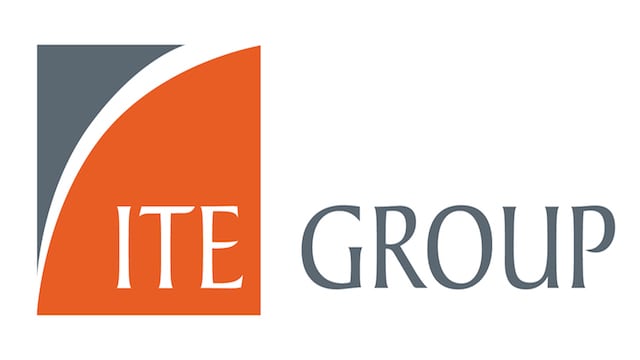Shares of event planner ITE Group (LSE: ITE) are down around 4% in early trading after the company’s preliminary results reported full year headline profitability fell from £47.2m to £36.5m year-on-year. Considering Russia and Central Asian nations account for the majority of ITE’s revenue this is no surprise, given the negative effects sanctions and low oil and gas prices have had on the region.
The upshot is that revenue was broadly flat, as the company’s plan to diversify into new markets paid off. Like-for-like sales were positive for all other regions and Asia, in particular, was a bright spot, as Indian events sold particularly well. Targeting increasingly wealthy markets such as India, China and Africa is a sound plan as it diversifies risk and offers high growth potential in the long run.
Investors also shouldn’t be overly worried that ITE posted a statutory £4.1m pre-tax loss for the period. Much of this was due to non-cash charges such as a £24.6m good will impairment. Indeed, operating cash flow over the course of the year actually rose from £37m to £41m, which comfortably covered dividend payments and small bolt-on acquisitions.
Despite tough trading conditions in Russia and former CIS states, the region will eventually bounce back. This may take a while, but ITE will be able to survive this downturn with 55% of revenue now coming from outside these countries and strong cash generation. I wouldn’t buy shares until after the new CEO details his review of the business at interim results next year, but ITE is still well placed to benefit from the long term potential of emerging markets.
Less risk, same reward?
A safer way of gaining exposure to fast growing developing markets may be consumer goods company PZ Cussons (LSE: PZC). Cussons was founded in Sierra Leone well over a century ago and still considers West African neighbour Nigeria its core market. In fiscal year 2016 Nigeria accounted for over 40% of group revenue but was unfortunately a drag on performance, as the Naira plummeted in value due to low oil prices and the Central Bank of Nigeria allowing the currency to freely float.
Trading conditions outside of Nigeria were significantly more positive, with European sales increasing 5.6% year-on-year, which proved more than enough to eke out a small increase in revenue at the group level. Looking ahead, management sounded a cheery note by forecasting underlying sales and profit growth from all regions in 2017.
But, it’s not the next year or two that makes PZ Cussons an attractive option in my eyes. Rather, I like shares because the long term potential to be found from selling soap, detergent and other daily necessities to fast growing populations in Indonesia, Nigeria and elsewhere is staggering.
The bad news is that other investors are also attracted to this long term potential, because the company’s shares are pricey at 18 times forward earnings. But, with a healthy balance sheet, a growing presence in stable markets such as the UK and Australia, and leading market share in key growth markets, I believe PZ Cussons is a great way to gain exposure to emerging markets while also limiting your downside.








